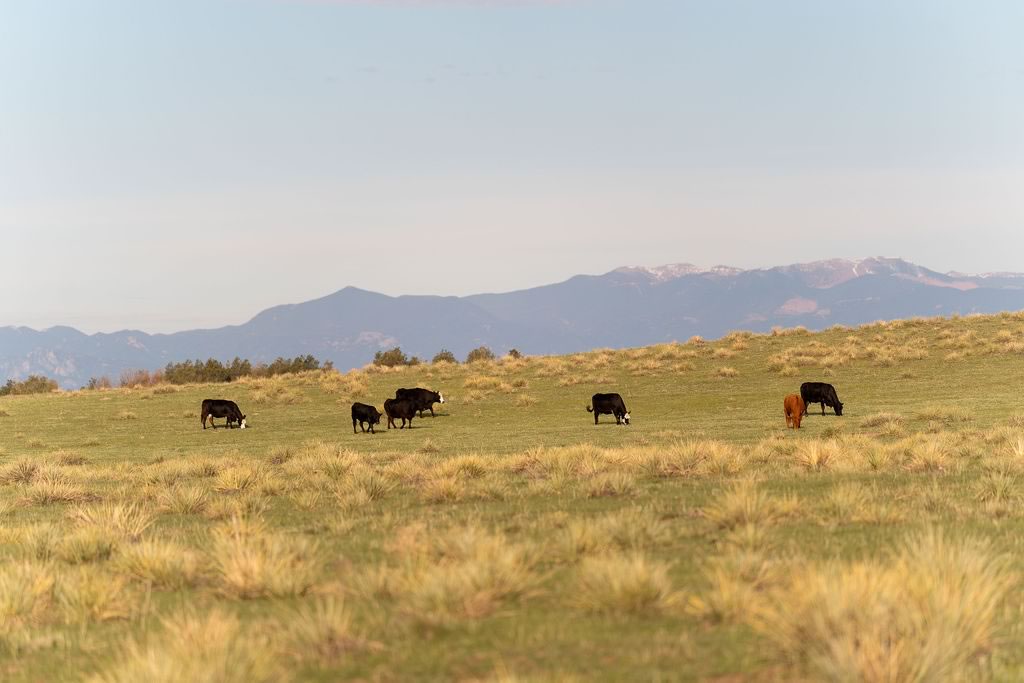Breeanna Jentís article ìIgnorance breeds horse neglect and abuseî in the September issue of The New Falcon Herald brought attention to the efforts by many organizations to educate horse owners about proper care. However, just because a horse looks thin doesnít necessarily mean the owner is mistreating it.Old age health issues can make it challenging for senior horses to maintain a good weight, and my 28-year-old gelding was no exception. As his teeth wore down and became less effective for chewing, ìBJî had maintained well on equine senior feed mixed with beet pulp, supplemented with good quality hay. Beet pulp is what remains when sugar beets are processed into sugar, and soaked beet pulp pellets or flakes are a good source of calories and digestible fiber for horses.Last year, BJ stopped eating the beet pulp mixture; and trying to help him stay at a healthy weight was much like dealing with a finicky child. He refused some senior feeds and supplements but would eat others, only to turn up his nose a few days or weeks later. I used every trick learned over 30-plus years; I consulted my vet; talked to my feed supplier; and accommodated three and four feedings a day. He remained thin, but he never gave up, never lost his spirit, and I vowed to fight alongside him as long as he was willing.The whole time, though, another concern nagged at me. The battle behind the scenes was invisible, but the skinny horse wasnít. Would some well-meaning neighbor or passerby assume the thin horse was neglected, even when his plump pasture mate resembled a small blimp on legs?Equus magazineís August issue addressed this topic. In ìNeglected or just thin? When to call for help,î author Hope Ellis-Ashburn discussed her own situation with a thin, older horse that was otherwise healthy. She advised readers to take action if an animal seems to be suffering, but also to consider the overall situation.
- Thin horses new to the property could be recovering from prior neglect.
- If one horse is thin and its herd mates are not, it could be ill and/or geriatric.
- Equine body condition scores can help determine whether a horse is truly underweight or is just a lean animal.






